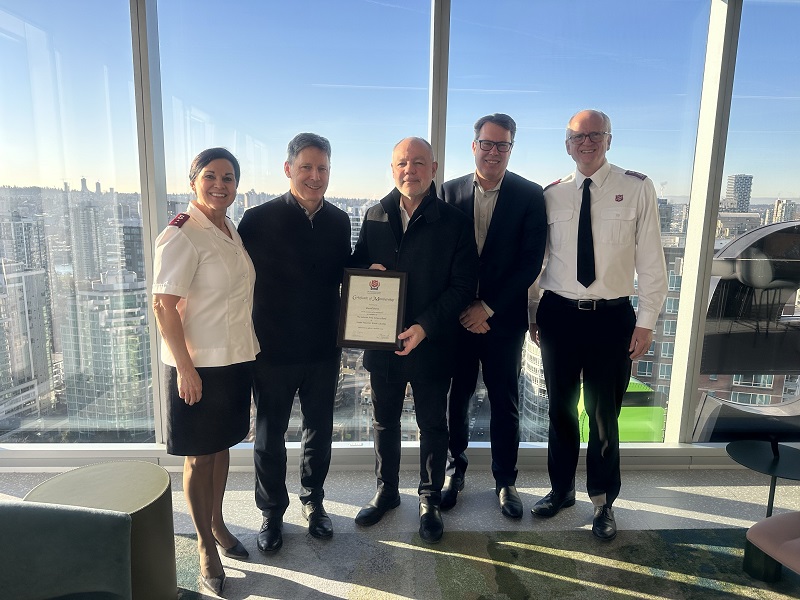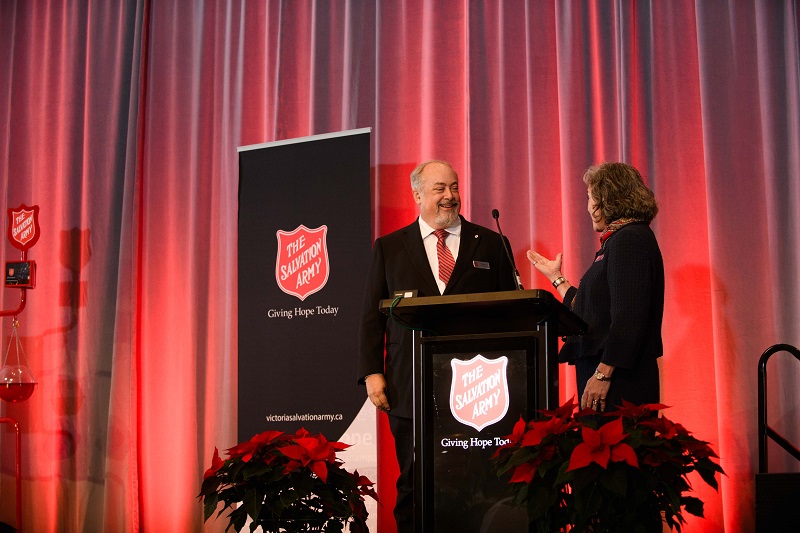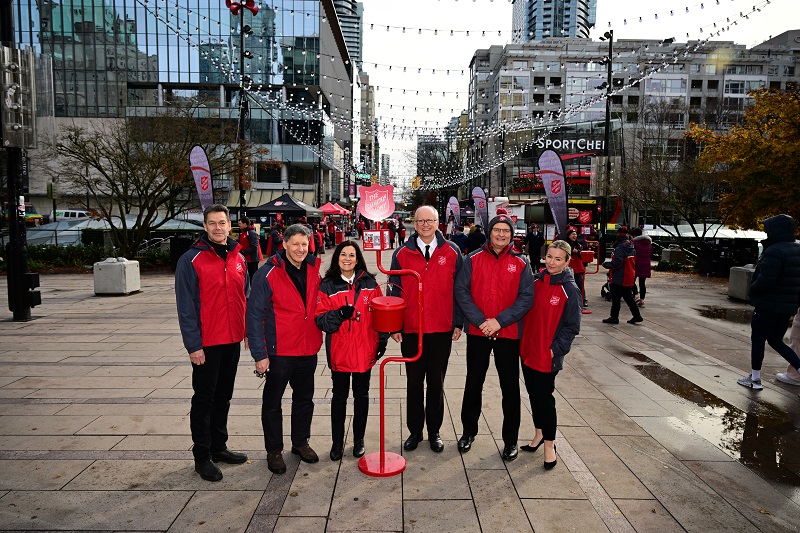Mobile Feeding Unit a Welcome Site for the Vulnerable

For the past two years, and every Saturday night, The Salvation Army’s mobile feeding unit in Williams Lake, B.C., has been a lifeline for those experiencing homelessness and the vulnerable. In the winter months, the unit is a particularly welcome site that can prevent serious injuries and even death from exposure to the cold.
“I’ve seen grown men cry because they are cold and hungry,” says Dina Kennedy, program coordinator. “Some homeless people walk around with no shoes or socks, and others sleep under bridges and huddle in bank entryways. They watch for us and are so grateful for our help.”
“I’ve seen grown men cry because they are cold and hungry”
In 2018, The Salvation Army acquired the community response unit and, in November, the ministry began.
“There were so many vulnerable people walking the streets late at night,” says Dina. “That bothered me. The truck had been used for crises such as fires and floods. I also saw it as a resource that could help struggling individuals and families throughout the year.”
The feeding unit can cook 1,500 meals in an hour, has a freezer and carries practical things such as sleeping bags, mitts and toques, and hygiene kits. Dina and her team of volunteers meet every Saturday at The Salvation Army. At 8 p.m., they prepare items such as soup, sandwiches, chilli, hot and cold drinks and snacks. By 9 p.m., they hit the streets.
“We start at a local park,” says Dina. “From there, we drive around looking for others to help. Some who come to us are parents whose work hours have been cut back, and they can’t put food on the table. Others with poor mental health can’t sustain employment. Others who struggle with substance use have lost everything. It’s sad to see.”
“Comfort and a kind word can go a long way to giving people hope and helping them feel valued”
In 2020 the program served close to 5,000 meals and distributed more than 450 practical items.
“We don’t just serve food and hand out clothing,” says Dina. “We listen and connect people to various community resources such as housing supports and counselling services. Comfort and a kind word can go a long way to giving people hope and helping them feel valued.”
By Linda Leigh



